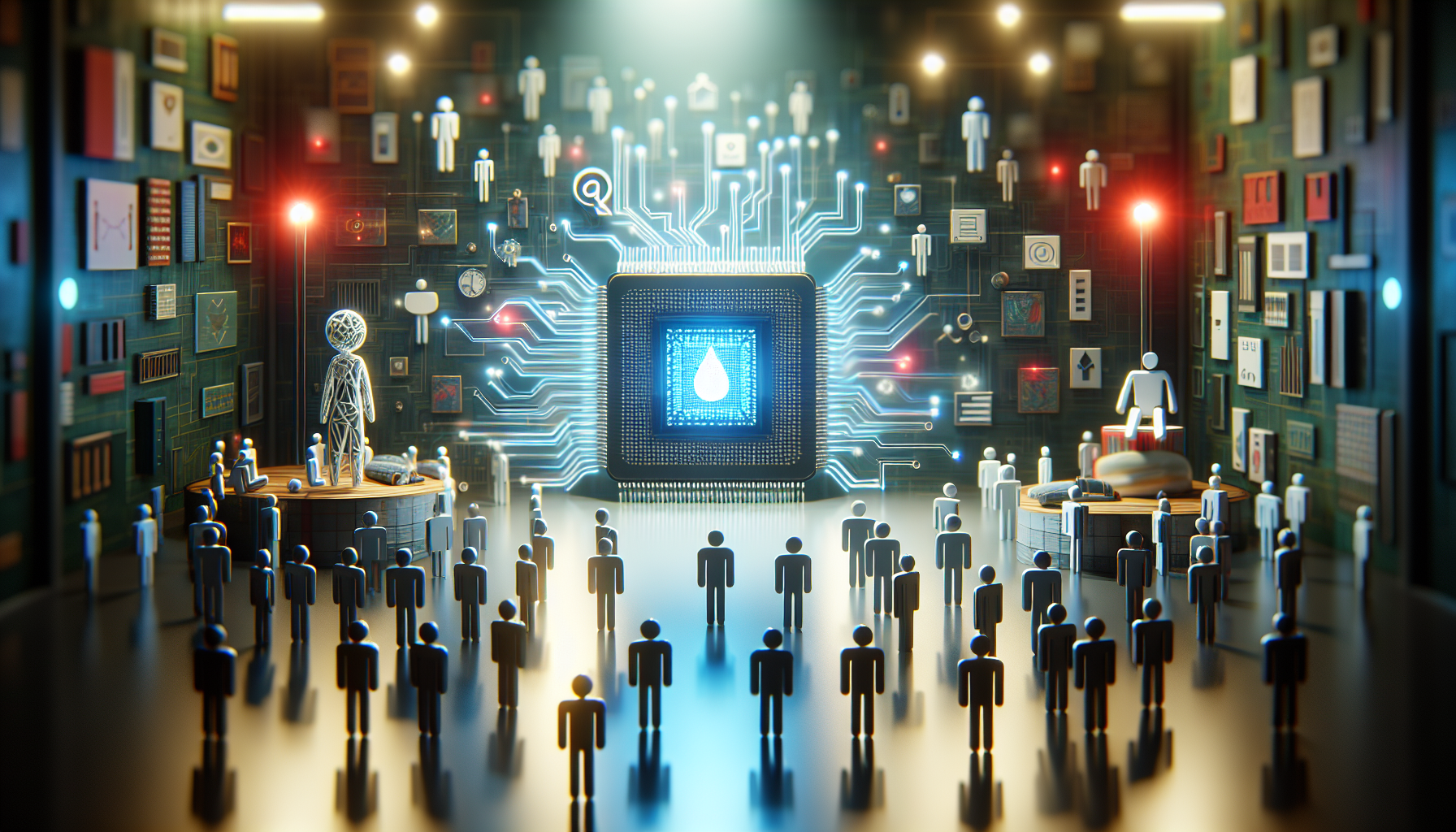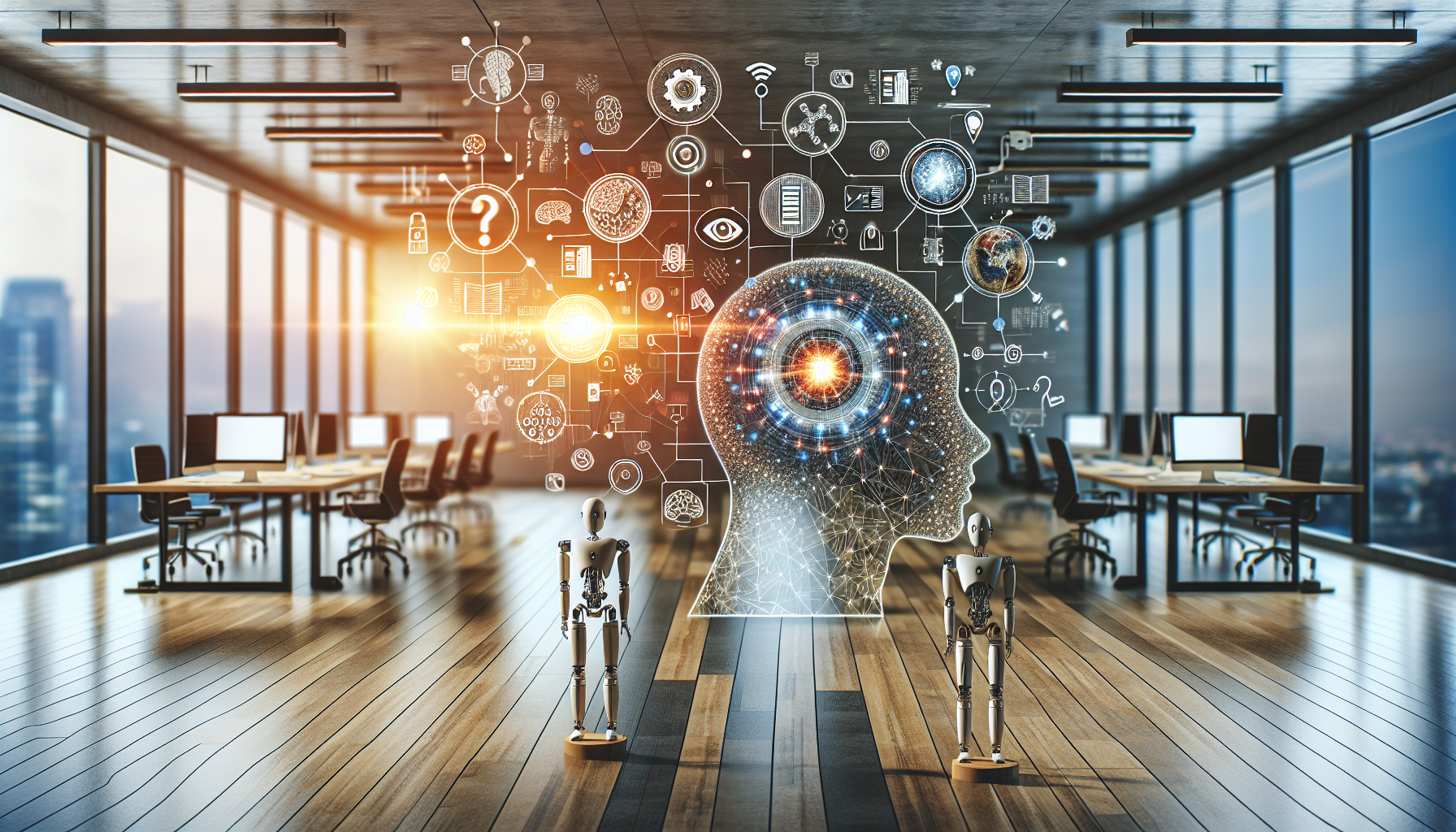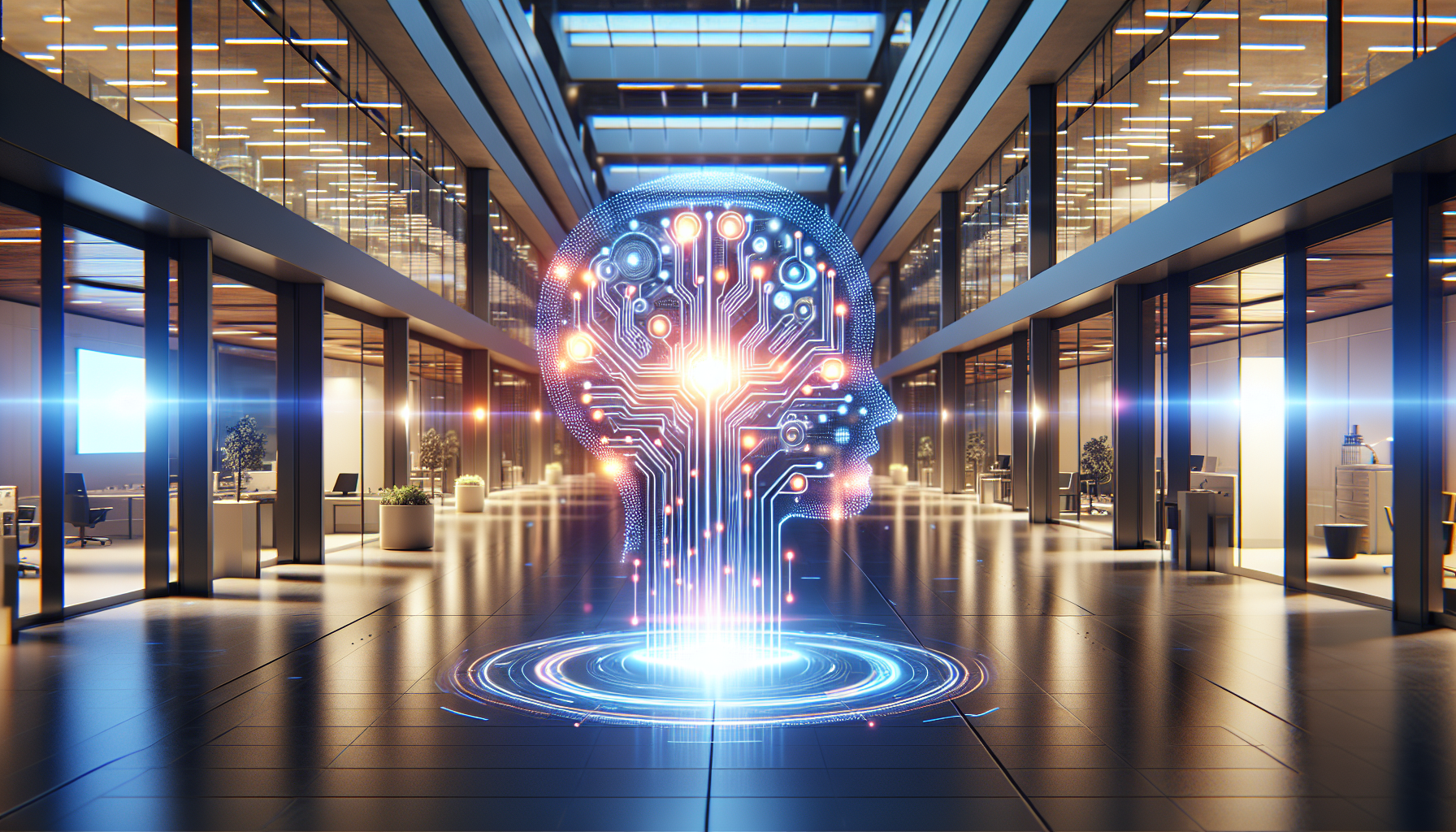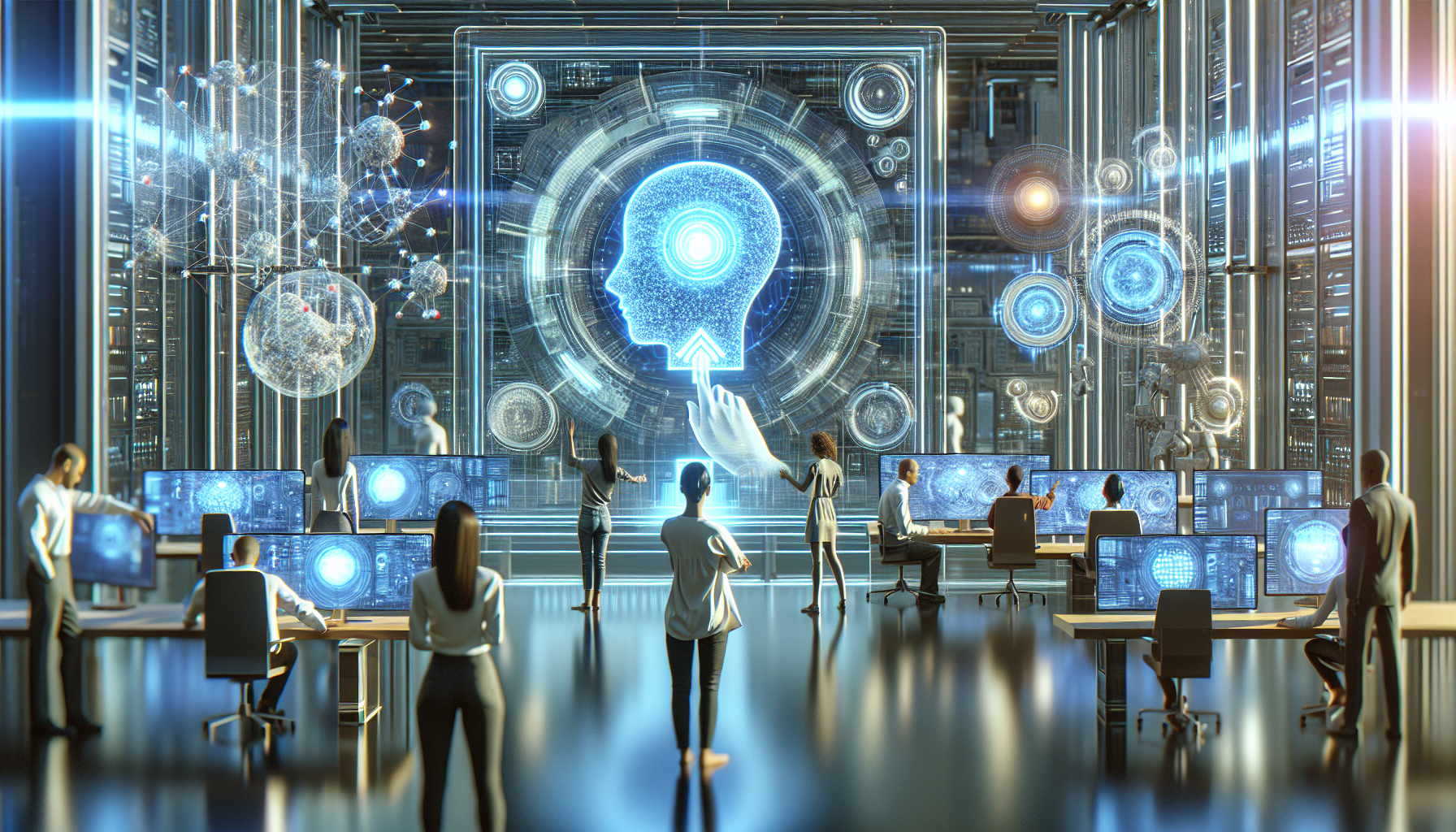
AI in Entertainment: Debunking Myths and Embracing New Possibilities
October 21, 2025
What do you picture when you think of artificial intelligence in entertainment? For some, it conjures images of dystopian worlds where machines dominate creativity, leaving human artists redundant. For others, it's a vision of endless possibilities, where technology amplifies human creativity to unprecedented levels. Let's set the record straight and explore how AI is reshaping entertainment, not by eradicating human input but by inspiring and elevating it.
One prevailing myth is that AI in entertainment stifles creativity. This couldn't be further from the truth. In reality, AI acts as a catalyst, offering new tools for creators to express themselves. Consider the world of music production. AI-driven platforms are now capable of composing melodies and harmonies, enabling musicians to experiment with sounds and styles they might not have discovered on their own. These tools do not replace the artist's unique touch; rather, they provide a new palette from which to draw inspiration.
In filmmaking, AI is breaking boundaries, not by taking over the director's chair, but by enhancing storytelling. Machine learning algorithms can analyze vast datasets to predict audience preferences, helping filmmakers craft narratives that resonate more deeply. Moreover, AI-driven visual effects are allowing directors to create stunning imagery that was once thought impossible, turning ambitious visions into reality. AI is a collaborative partner, turning science fiction into cinematic magic.
Gaming is another realm where AI is often misunderstood. Many fear that AI-driven characters will lead to predictable gameplay, lacking the unpredictability of human opponents. However, AI in gaming is designed to do the opposite. By learning from players' actions, AI can adapt and evolve, offering a dynamic and challenging experience that keeps gamers on their toes. This not only enhances the gameplay but also fosters a more engaging and immersive world.
Moreover, AI in gaming has a profound impact on accessibility. By tailoring difficulty levels and providing assistance in real time, AI ensures that games are inclusive and enjoyable for a broader audience. This democratization of gaming is an inspirational step toward making entertainment universal, allowing everyone to partake in the joy of play.
The integration of AI in entertainment also extends to content delivery. Streaming platforms harness AI to recommend content based on individual preferences, helping viewers discover new shows and movies that align with their tastes. This personalized approach has revolutionized how audiences interact with media, encouraging exploration and broadening horizons.
Another myth worth debunking is the notion that AI will homogenize entertainment, producing formulaic content devoid of originality. On the contrary, AI's ability to process and analyze vast amounts of data can unearth patterns and trends that human analysts might overlook. This insight can lead to the creation of fresh, innovative content that challenges conventional norms, pushing the boundaries of creativity.
As AI continues to intertwine with entertainment, it inspires a new era of collaboration between humans and machines. This partnership is not about replacing the human element but enhancing it, providing tools that empower creators to push their limits and explore untapped potential. AI is a muse, not a master, inviting artists, filmmakers, and game developers to embark on journeys of discovery.
So where does this leave us? AI in entertainment is not a harbinger of creativity's demise but a beacon lighting the way to new frontiers. It challenges us to rethink our relationship with technology and to embrace the opportunities it presents. As we venture into this brave new world, we are invited to consider: How can we harness AI to not only entertain but to inspire, educate, and connect us in ways we never imagined possible?
The future of entertainment, with AI by its side, is not a story of loss but one of transformation and growth. It's a narrative still being written, inviting each of us to be both audience and author in this unfolding tale of innovation. Let us embrace this era, where the lines between human and machine blur not to our detriment, but to our collective enrichment.


